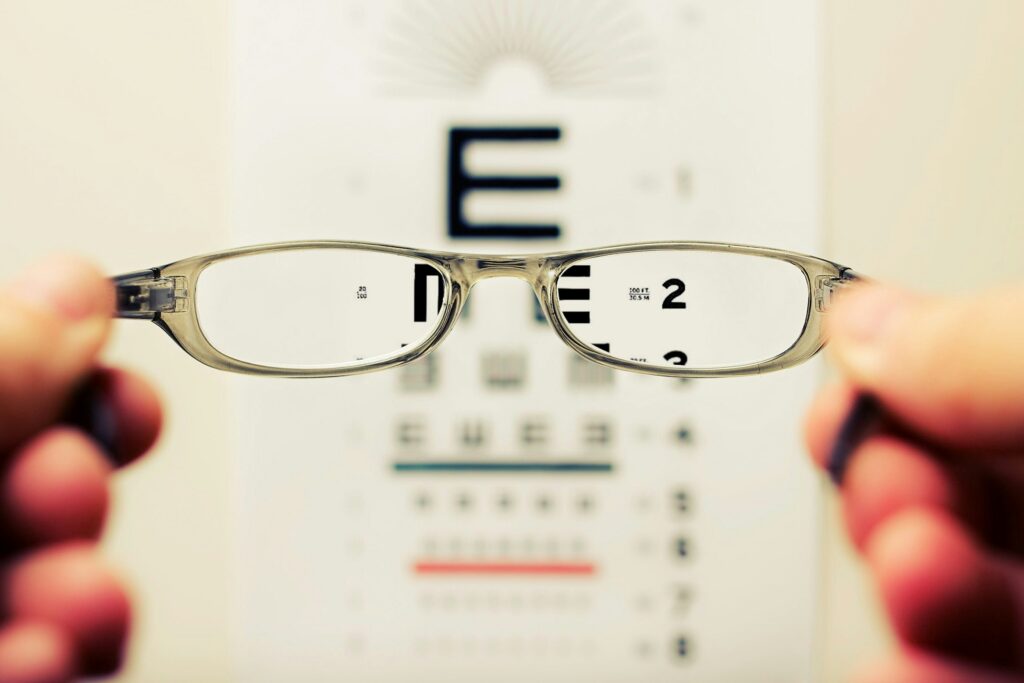If you need to wear glasses or contacts, it can be a tough decision between the two options. A 2020 survey revealed that 77% of women and 68% of men wear glasses or contacts, and it is thought that short-sightedness is becoming more common. So, if you need glasses or contacts, what should you choose? It will be a personal choice at the end of the day, but this post will look at the pros and cons of both so that you can make an informed decision.

Glasses
Eyeglasses are the most common way that people correct their vision issues. They consist of a frame that houses glass or plastic lenses that will be prescribed to improve vision for your specific vision issue. Glasses are a popular choice because they are cost-effective, easy to use, and easy to maintain. Many people only need help with certain tasks, such as reading, and glasses are ideal for this as you can easily remove them when they are not needed.
In terms of drawbacks, glasses are not particularly convenient, and you will need to carry them around with you. Many people also feel self-conscious in glasses and lose confidence in their appearance (however, glasses can also help some people feel more confident as they are something to hide behind or can make people look more sophisticated). Some people also find that wearing glasses can distort their peripheral vision at first, but this often goes away once you get used to wearing glasses.
Contacts
Contacts, meanwhile, are plastic discs that are worn directly on the cornea with a lens specifically designed to help with your vision difficulties, such as contact lenses for astigmatism. The most obvious benefit of these is that they are invisible, which can give people a more natural feel and help some people feel their most attractive. Contacts are also ideal for those with active lifestyles, they are easy to wear at all times and can provide a full field of vision compared to glasses.
The drawbacks of contacts are that they can be hard to put in and take out, especially at first. They can also be expensive as they need to be replaced often, and there is more maintenance as they need to be cleaned and stored properly to prevent infection. Some people might find that contacts dry out their eyes, but drops can help with this.
Hopefully, the information in this post will be useful and help you make a decision between glasses and contacts. Both can be excellent ways to improve your vision, which can make a massive difference to your quality of life. There are benefits and drawbacks to both, though, so you will want to choose the best option for your needs and lifestyle.

